It goes without saying that the COVID-19 crisis has had us all ponder at some point about our health and wellbeing, and how to stay physically fit while in isolation.
With increased time indoors, we’re all moving a lot less which makes keeping off the kilos all the more difficult. And while it’s important that you keep up regular exercise — be it walking, running, or video classes — the thing that will have the greatest impact on your health and weight during this time is diet.
If you want to come out of isolation healthier than before you started, a nutritious diet is key.
Be prepared and limit ordering in
Being physically limited to the home means that many of us have significantly reduced our eating out habits, which can be a good thing if you’re trying to lose excess weight. But it’s understandable that from time to time, you’ll get bored of your own cooking. With more businesses and restaurants providing home deliveries, there are now more choices to order in than there ever has been before.
However, while it can be a nice treat to occasionally order a lunch or dinner from your favourite restaurant, it can be a slippery slope if you’re not preparing enough food to cater to your breakfasts, lunches and dinners over the course of the week. Many takeaway options are lacking in nutritional value and are high in fat, sodium and sugar, which leads to weight gain and chronic illness.
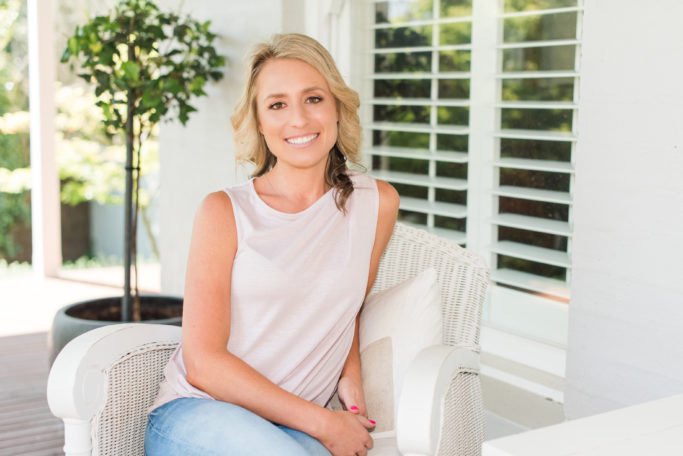
My advice is to keep meal-planning for the week ahead so you don’t get caught unaware, and to store some ready-made meals in your freezer for those times when you just can’t be bothered cooking. Rather than stocking up on highly processed foods, make sure your freezer is filled with things you’ve cooked yourself (so you know exactly what’s gone into them) or ready-made meals from a healthy meal provider such as Be Fit Food, where each meal has a combination of 4-12 vegetables, quality protein and healthy fats. Save your ordering in for special occasions.
Limit alcohol
Who hasn’t seen the #quarantini make its way across social media? And while many of us are using the occasional drink as a way to unwind and relax, the increased consumption of alcohol during COVID-19 lockdown puts you at risk of building habits that will be hard to break once social distancing measures ease.
Alcohol is high in calories, and puts a strain on your overall health and mood if consumed in excess. When you digest alcohol, it can also interfere with your metabolism and absorption of important nutrients, so if you want to make the most of your food consider reducing your alcohol intake.
Stay hydrated
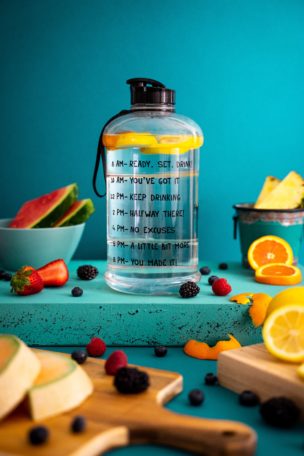
Drinking enough water can be a struggle for many on any day, but it remains an important factor to maintaining a healthy body. The upside to being isolated to your home is that it can be easier to stay hydrated than if you were on the move. Keep a carafe or reusable bottle with you and a good tip is to make sure you’re drinking two glasses of water for every coffee or tea you drink.
Avoid processed foods
Processed and pre-packaged foods are often high in ‘empty’ calories, or calories that offer little nutritional value and will not leave you feeling full. That’s because processed foods are typically high in simple sugars, sodium and saturated fat, which can increase the risk of weight gain and will leave you feeling groggy and tired more often than not.
By limiting your intake of processed foods and increasing your intake of fresh wholefoods (such as fruit and vegetables), you’re likely feel more energised, less lethargic, and less tempted to snack often.
Be balanced
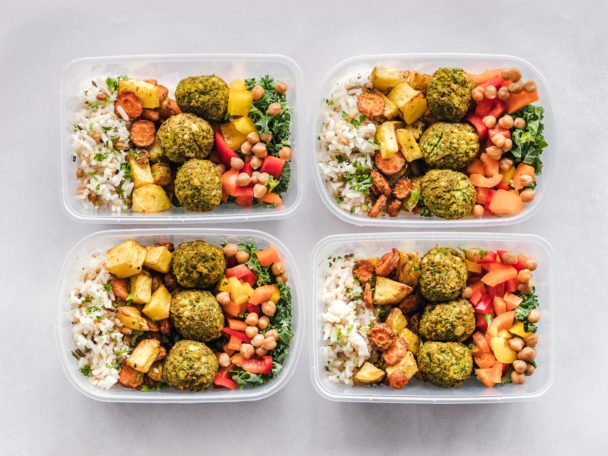
It may seem obvious but eating a variety of fruits, vegetables, wholegrains, legumes, meat and dairy products is essential for weight regulation. A varied and balanced diet provides a nutrient dense source of energy that ensures you have all the vitamins and minerals needed for optimal function.
Sleep well
Whilst not technically part of your diet, sleep is intricately linked with your weight. Most adults require 7-8 hours of good sleep, and sleep deprivation can increase your hunger hormones and appetite, which may lead to overeating.
It’s easy to fall into bad habits when there’s nobody watching, but keeping on top of your diet while in isolation will mean you’ll have more energy, be less irritable and more positive, and you’ll keep the kilos from creeping up on you.
Kate Save’s recommended Day on a Plate
Breakfast
- Low Carb, High Protein toast with scrambled or poached eggs and sautéed tomato
OR
- A Be Fit Food fruit smoothie with low-fat milk/or alternative milk, ½ frozen banana, ½ cup berries and plain yoghurt
Lunch
- Black bean salad with grilled corn, cherry tomatoes and sliced avocado
OR
- Low Carb Whole Grain wrap with roasted vegetables and poached chicken
Dinner
- Low Carb or Whole-grain pesto pasta-bake with broccoli, peas, spinach and low-fat cheese
OR
- Tofu and vegetable stir-fry with ½ cup quinoa/brown rice, konjac low carb noodles, Zoodles
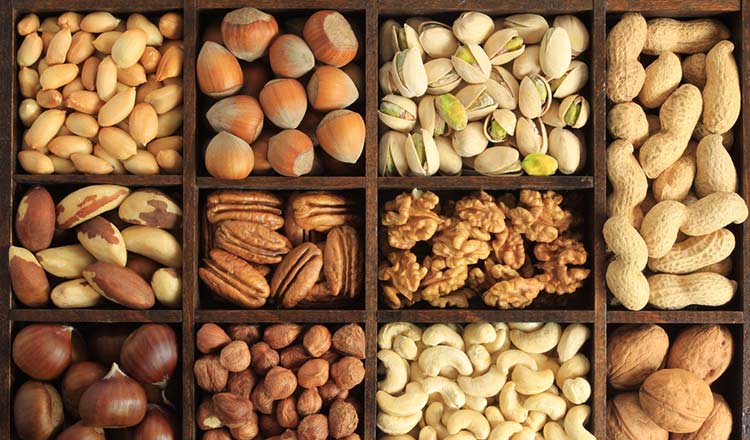
Snacks
- Handful of nuts with fresh fruit
- Plain yoghurt with frozen berries
- Hummus and carrot/celery/cucumber sticks and 5 wholegrain crackers
2 x Corn thins or 1 slice low carb, protein bread with avocado and tomato
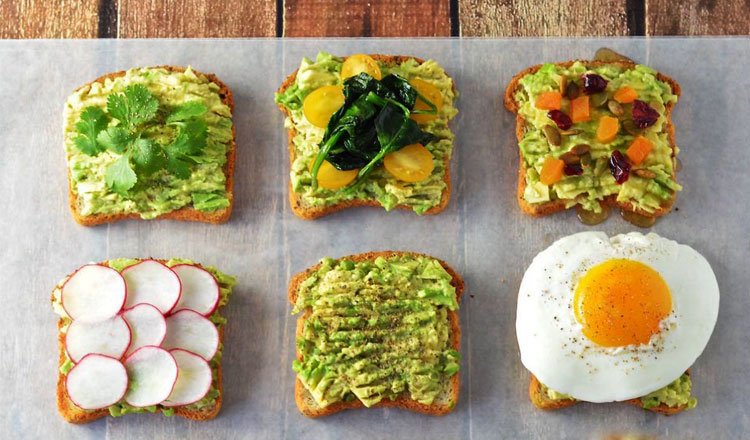
Check out Kate Save’s Game Changers interview below:







